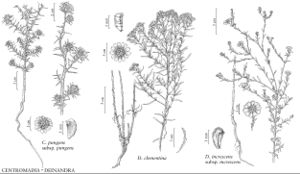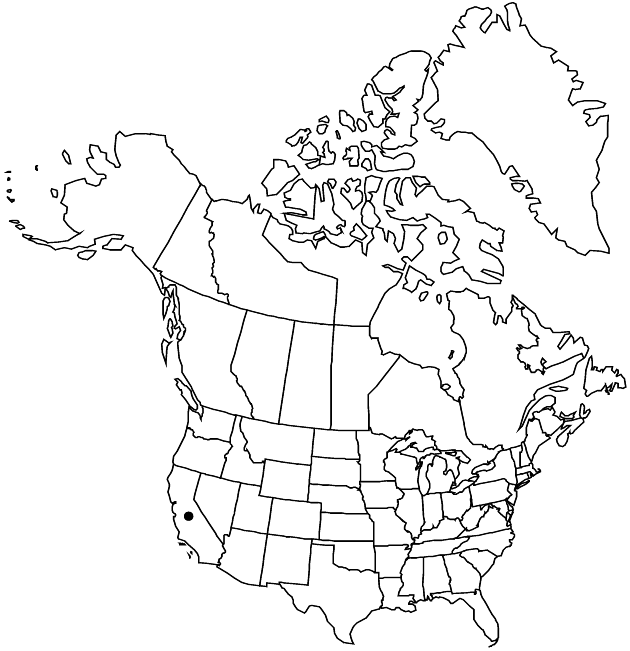familyAsteraceae
genusDeinandra
speciesDeinandra increscens
subspeciesDeinandra increscens subsp. increscens
Difference between revisions of "Deinandra increscens subsp. increscens"
FNA>Volume Importer |
imported>Volume Importer |
||
| (One intermediate revision by the same user not shown) | |||
| Line 42: | Line 42: | ||
|publication year= | |publication year= | ||
|special status= | |special status= | ||
| − | |source xml=https:// | + | |source xml=https://bitbucket.org/aafc-mbb/fna-data-curation/src/2e0870ddd59836b60bcf96646a41e87ea5a5943a/coarse_grained_fna_xml/V19-20-21/V21_694.xml |
|tribe=Asteraceae tribe Heliantheae | |tribe=Asteraceae tribe Heliantheae | ||
|subtribe=Asteraceae (tribe Heliantheae) subtribe Madiinae | |subtribe=Asteraceae (tribe Heliantheae) subtribe Madiinae | ||
Latest revision as of 21:13, 5 November 2020
Stems usually erect, sparsely to densely leafy. Heads in open, paniculiform arrays. Ray florets 8–13(–15). Disc florets 11–32. 2n = 24.
Phenology: Flowering Apr–Nov.
Habitat: Grass-lands, openings in woodlands, chaparral, and coastal scrub, disturbed sites (e.g., roadsides, fallow fields), often sandy or clayey soils, sometimes serpentine
Elevation: 0–300 m
Discussion
Subspecies increscens occurs in foothills and valleys of the South Coast Ranges, on the immediate Central Coast and northern South Coast, and on Santa Rosa Island.
Selected References
None.
Lower Taxa
None.
... more about "Deinandra increscens subsp. increscens"

